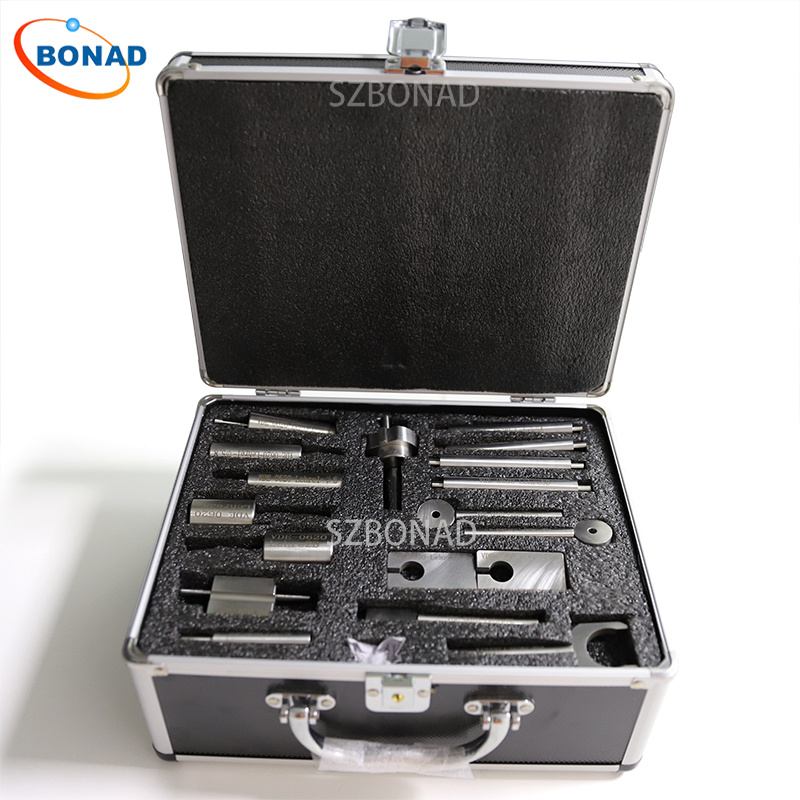As global demand for electric vehicles, renewable energy storage, and portable electronic devices continues to grow, battery reliability has become more important than ever. Lithium-ion batteries—known for high energy density, long cycle life, and environmental benefits—are widely used across consumer electronics, EVs, aerospace systems, medical equipment, and industrial energy storage.
However, despite their advantages, lithium-ion cells must undergo strict testing before they can be safely used. Even small variations in capacity, internal resistance, or charge acceptance can lead to reduced performance, shorter lifespan, or serious safety issues.
This is why a professional Battery Tester (Battery Charge Discharge Test System) has become essential in every stage of battery development and production.
Why Do We Use Battery Testers?
Battery testers serve as the “truth detector” of battery performance. They offer insights that cannot be seen by visual inspection or simple voltage measurement.
1. Reliable Capacity Grading & Performance Evaluation
Real capacity often differs from the rated capacity printed on the label.
A battery tester helps to:
- Identify the true usable capacity of each cell
- Ensure consistency before pack assembly
- Prevent mismatched cells that cause early battery failure
Accurate grading reflects the quality level of the cell and directly impacts battery pack efficiency and lifespan.
2. Early Screening of Defective or Unstable Cells
Even top-tier battery manufacturers have variations during cell production.
Through charge/discharge cycling, testers can detect:
- Abnormal voltage drops
- Excessive internal resistance
- Poor charge retention
- Early thermal instability
Removing faulty cells before assembly significantly reduces safety risks for downstream users.
3. Ensuring SEI Film Stability for Long-Term Safety
In lithium batteries, the SEI film is critical for cycle life.
A proper charge/discharge formation process:
- Stabilizes the SEI layer
- Reduces irreversible capacity loss
- Increases long-term performance stability
A high-quality tester ensures this process is controlled, consistent, and repeatable.
4. Matching Cells for Battery Pack Integration
Battery packs—especially for EVs and energy storage—require perfect consistency.
A tester allows engineers to group cells by:
- Capacity
- Internal resistance
- Voltage behavior
- Cycle performance
Only cells with near-identical characteristics can be grouped, which prevents imbalance and improves the pack’s life and safety.
5. Data-Based Decision Making
Modern battery testers record key parameters in real time, including:
- Voltage and current
- Capacity and energy
- Internal resistance changes
- Temperature behavior
These data points create reliable evidence for quality control, certification, R&D optimization, and after-sales validation.
How Battery Testers Build Customer Trust
Customers—especially in B2B industries—are concerned with:
- Long-term reliability
- Safety assurance
- Compliance with global standards
- Transparent and consistent quality control
By integrating professional battery testing into your workflow, you demonstrate:
1. Commitment to Safety
Customers trust suppliers who can prove their batteries meet strict standards such as:
IEC, UL, IEEE, and GB/T safety and performance regulations.
2. Commitment to Quality
Cycle life testing and capacity grading show that every shipped battery has been evaluated, filtered, and verified—not just randomly sampled.
3. Transparent, Repeatable Testing Process
Clear charge/discharge profiles and test data reports allow customers to understand exactly how their battery performance is verified.
4. Reduced After-Sales Risks
A well-tested battery leads to:
- Fewer customer complaints
- Lower warranty costs
- Better brand reputation
This demonstrates professional responsibility and builds long-term business relationships.
Where Battery Testers Are Used
Battery testers are widely used in:
- Battery R&D laboratories
- Manufacturing production lines
- Incoming material inspections
- University & research institutes
- Electric vehicle and energy storage developers
- Medical device and aerospace battery validation
Any industry depending on reliable energy storage needs precise testing to ensure safety and performance.
Core Benefits of a Battery Charge/Discharge Tester
Regardless of the model or brand, a professional battery tester provides:
✔ High-accuracy capacity measurement
✔ Stable charge/discharge cycles for SEI formation
✔ Identification of weak or defective cells
✔ Data visualization and test report generation
✔ Compliance with global testing standards
✔ Reduced risk in battery pack assembly
✔ Improved customer trust and product reliability
In today’s competitive energy market, using a proper battery tester is not only a technical requirement—it is a sign of professional credibility.

Conclusion
Battery testers play a crucial role in guaranteeing the safety, consistency, and long-term reliability of modern lithium battery solutions. Whether you are a manufacturer, integrator, or R&D organization, investing in reliable battery testing ensures that every product delivered to customers is stable, safe, and trustworthy.
A well-tested battery is not just a higher-quality product—it is a stronger brand promise and a foundation for long-term customer confidence.


